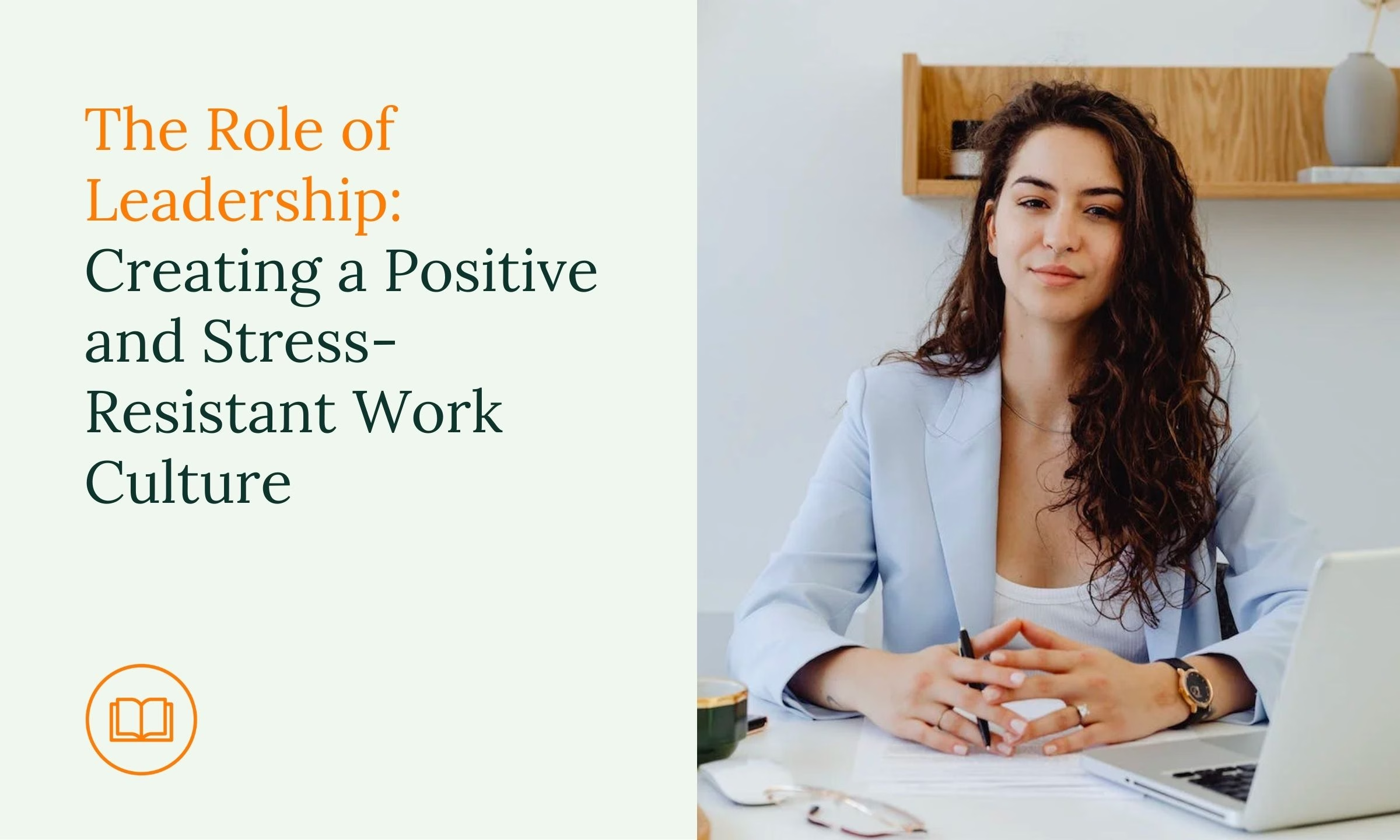Everything you need to know about work, mental health, and HR – from an expert. Join us in our series with Dr. Katharina Koch, a Clinical Psychologist certified in Cognitive Behavioral Therapy and Head of Psychology here at nilo.health. In this edition Katharina will answer frequently asked questions about how HR leads and managers can take care of their own mental health?
As someone working in HR, how do I avoid burnout?
HR’s job is all about dealing with other people’s stress. But how do I manage my own?

As someone working in HR, how do I avoid burnout?
At nilo we have a saying: Secure your own oxygen mask before you help others. In HR, so much of your work revolves around the well-being of others. But you’ll find that you’re much better placed to help your colleagues and build a stronger team if you feel strong and resilient.
Too often, people working in HR overlook their own needs while trying to cater to the needs of their team or company. So make sure you build in regular opportunities to check in with yourself and consider your own well-being.
Do you take real breaks? Do you exercise regularly and eat healthy? Do you practice relaxation techniques? Do you sleep enough? Do you maintain a healthy work/life balance? Just like on an airplane, you’ll be better able to help your fellow passengers once your own oxygen mask is secured!
HR’s job is all about dealing with other people’s stress. But how do I manage my own?
First, recognize your stressors. What are the specific factors at work that cause stress for you? You need to identify those factors to be able to change them!
Another good step is to schedule your days, set working hours and include breaks and a "wrap- up time" that you don't negotiate on. Taking a break is so important. We need regular breaks throughout the day to recharge and be able to perform again. Setting wrap-up times helps you to finish your day in a good way and respect your set working hours.
Too often, people working in HR overlook their own needs while trying to cater to the needs of their team or company.
Building routines allows for a healthy work-life balance. You need distance from work, which allows you to recharge, so make sure to build in positive routines like doing things outside of work, seeing friends, or spending time with your family. Consider a mix of ‘big’ and ‘small’ routine blocks — going to the gym could be a big block, while taking 10 minutes to meditate could be a smaller, but also crucial, block.
What is one tip I could use to start building my stress resilience as a People & Culture Manager today?
A very important thing to practice when it comes to stress is setting boundaries. Generally, saying "no" to a request isn't rewarded the same way as saying “yes” in our society. We get a positive response from others when we say "yes" to things, so we often tend to do that even if our plate is already pretty full. And in HR, your plate is often very, very full!
But it's very important to be mindful of our own boundaries. Often, the first step if to understand our boundaries, respect them, and say "no" when appropriate. Otherwise we create an expectation that we'll get everything done and meet everyone's highest hopes. There’s no easier way to become overwhelmed, which can lead to stress and burnout. So from today: practice saying no!
Want to know more? Sign up for our newsletter, or book a dem today!






